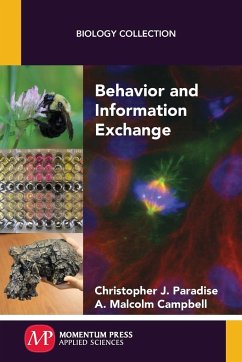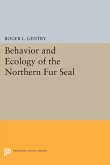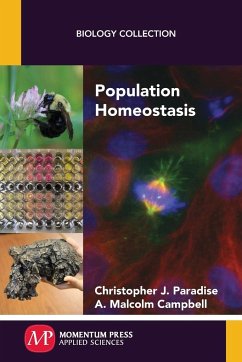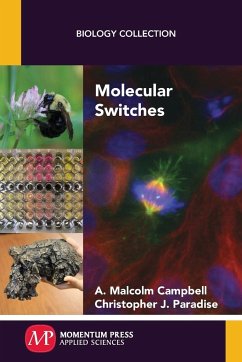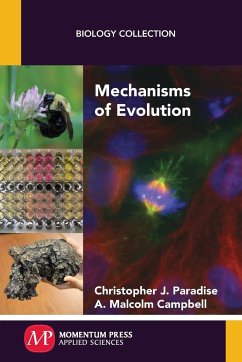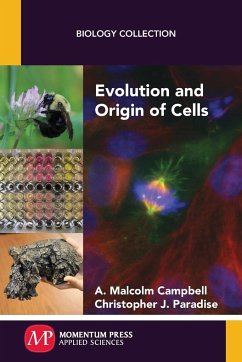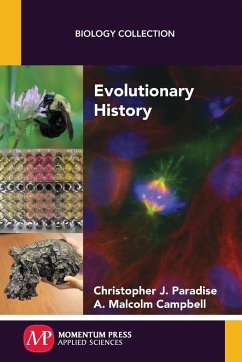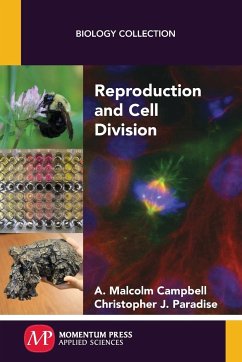Animal behavior includes the exchange of non-heritable information between individuals of the same species. Animals exchange information for a variety of reasons, including mating, defense, and cooperation, and all of these situations will be discussed. This book will describe the functions of communication and information transfer between organisms and explain how animals communicate and find each other through use of different signals. The costs and benefits of using various signals will be evaluated, as will the costs and benefits of living in groups. Playback experiments and the comparative method are approaches used for understanding and interpreting signals used by organisms to communicate information to other members of the same species. Plants also communicate information between individuals, often for purposes of species identification during mating. Female reproductive structures in plants recognize pollen from members of the same species. Finally, the commonalities and differences between animal and plant communication will be identified
Bitte wählen Sie Ihr Anliegen aus.
Rechnungen
Retourenschein anfordern
Bestellstatus
Storno

